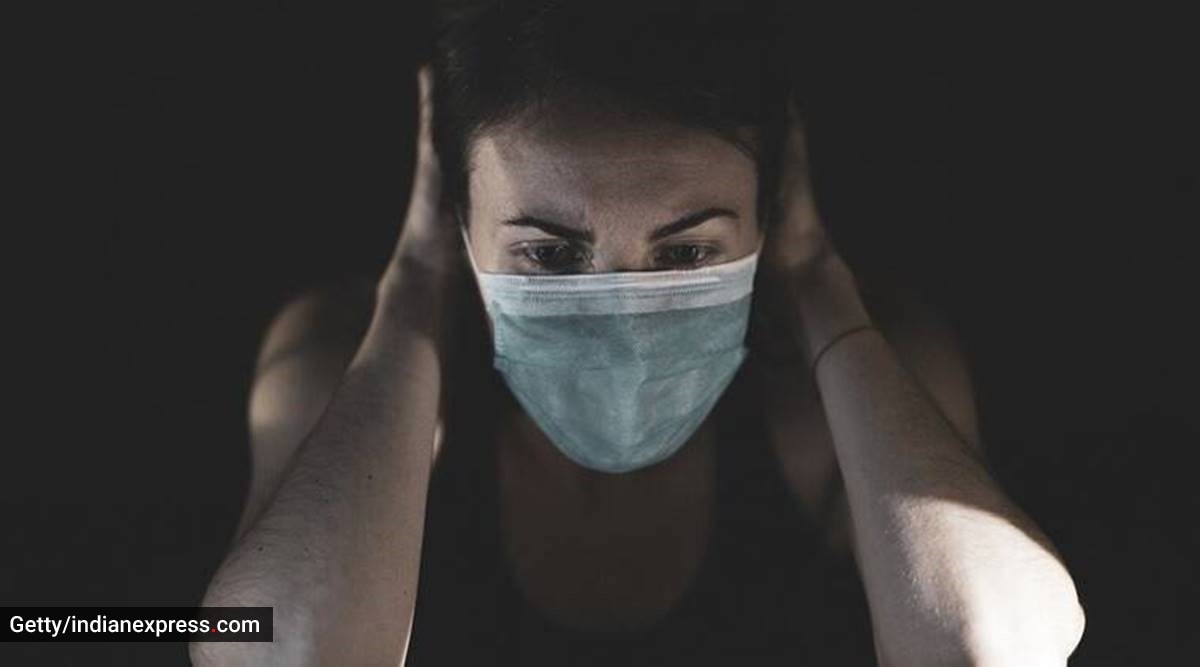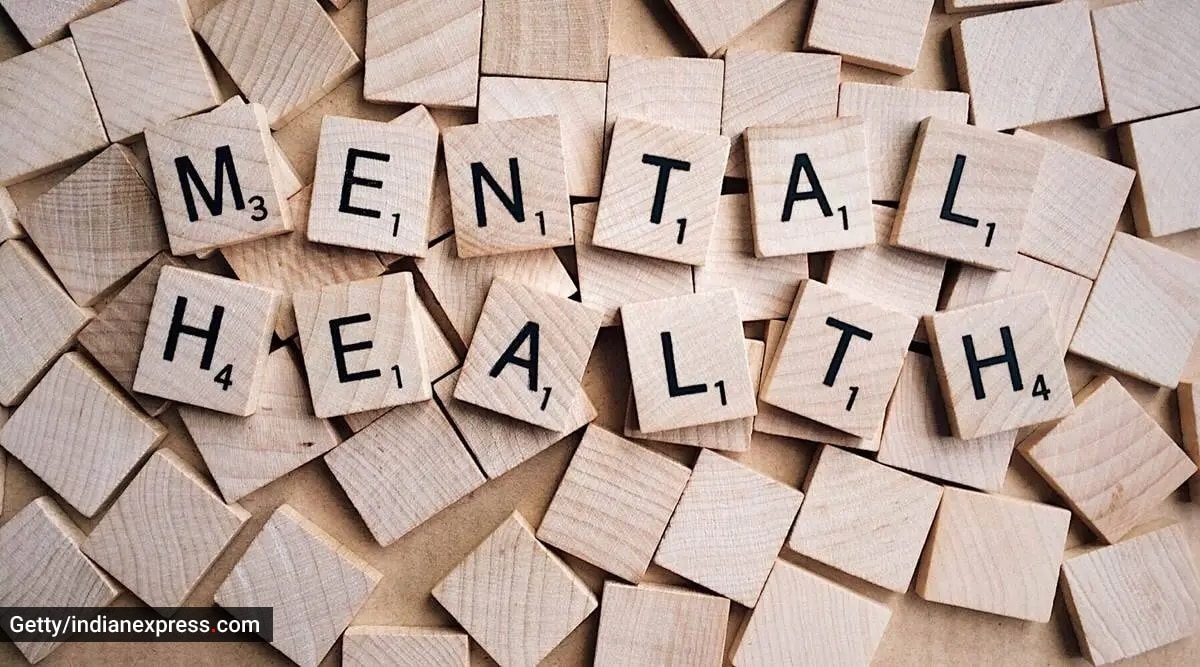Mental disorders are now among the leading causes of health burden worldwide, with no evidence of global reduction since 1990. In 2017, an estimate of the burden of mental health conditions for Indian states revealed that up to 197.3 million people required care for mental health problems. This included about 45.7 million people with depressive disorders and 44.9 million people with anxiety disorders. The situation has been exacerbated due to the Covid-19 pandemicso it is a serious concern around the world.
The staggering figures, however, are empty of millions of other people directly or indirectly impacted by the challenge and those who confront a deep-seated stigmamany times making them unable to seek help.
This growing challenge in dealing with mental health problems it is further aggravated by lack of information and awareness, self-diagnosis and stigma. It is important to understand that determination of mental illness can only be made by establishing benchmarks for screening. There is an urgent need to counter the notion that mental health means exclusively the absence of mental illness. The World Health Organization defines mental health as a state of well-being, in which an individual realizes their abilities, can cope with the normal stressors of life, work productivelyand is able to contribute to his community.

Mental illness It is an amalgamation of biological, social, psychological, hereditary and environmental stressors. The social determinants of health predispose individuals and populations to poor physical and mental health, increased risk of many physical and mental illnesses, and worse outcomes from such illnesses, when they occur. In a genome-wide linkage study published in the Nature review the heritability of depression it has been estimated at about 40 percent. This increases to about 70 percent when biological twins with severe and recurrent major depression are examined. Therefore, social factors and institutions, such as gender, race, and ethnicity, are responsible for mental health conditions.
We have come to understand that the social gradient affects not only the risk of disorder, but also access to services. The ability to cope effectively also depends on social arrangements, such as family structures and earning capacities. There are people diagnosed Mental illness experiencing periods of well-being, and those who have not been diagnosed with an illness, but have poor mental health, making this a broad spectrum. Access to mental health services is not limited only to those who suffer from mental health conditions, but also to those who face challenges of lesser intensity, but find that they affect their day-to-day activities.

Mental health literacy is the gateway to mental health interventions In India. There is a lack of awareness that can lead to overlooking, misjudging, or dismissing signs that someone needs help. The terminologies used in relation to mental illness can have a profound psychological impact and are experienced as condescending, isolating and stigmatizing.
In India, according to NIMHANS data, more than 80 per cent of people do not access care services for a multitude of reasons, ranging from lack of knowledge, stigma and the high cost of care. The actual problem might be more complicated, but a start has been made. The 2022-2023 Union Budget took into consideration the issue of mental health, and announced the National Tele-Mental Health Program in India, for free telecounseling services 24 hours a day, 7 days a week. While the parliamentary announcement is a welcome change, more investment in mental health needs across India is needed. As of today, the allocated budget is about INR 932.13 crore, but it is well below the estimates provided by mental health experts.
Long-overdue talks and steps to address the challenge of mental health access and care, have now slowly made their way into the mainstream. As this important topic gains attention, there is a need for multi-stakeholder engagement to address the various challenges, from all fronts. Careful mapping and research is necessary to produce quality data, which is essential to understanding the size of the problem. This, in turn, must be used to implement a comprehensive approach, underpinned by greater political commitment, scientific understanding and a citizen-driven movement.
(Dr. Virander Singh Chauhan, Professor Emeritus, International Center for Genetic Engineering and Biotechnology (ICGEB); Dr. Sukriti Chauhan, Founder, ETI Services)
📣 For more lifestyle news, follow us on Instagram | Twitter | Facebook And don’t miss the latest updates!
!function(f,b,e,v,n,t,s)
{if(f.fbq)return;n=f.fbq=function(){n.callMethod?
n.callMethod.apply(n,arguments):n.queue.push(arguments)};
if(!f._fbq)f._fbq=n;n.push=n;n.loaded=!0;n.version=’2.0′;
n.queue=[];t=b.createElement(e);t.async=!0;
t.src=v;s=b.getElementsByTagName(e)[0];
s.parentNode.insertBefore(t,s)}(window, document,’script’,
‘https://connect.facebook.net/en_US/fbevents.js’);
fbq(‘init’, ‘444470064056909’);
fbq(‘track’, ‘PageView’);
.
